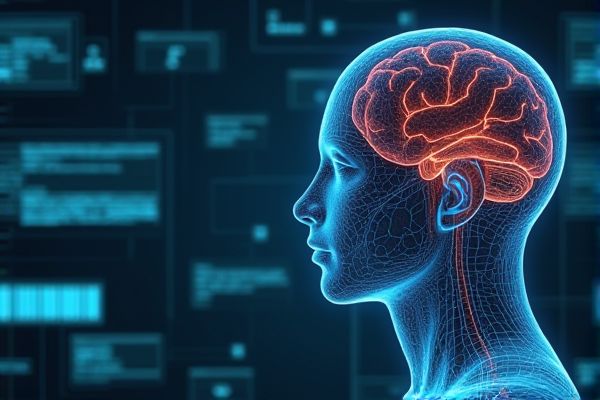
AI technologies enhance personal wellness by enabling personalized health insights through data analysis. Wearable devices, such as fitness trackers, monitor vital signs, activity levels, and sleep patterns, providing real-time feedback to users. Mobile applications leverage AI algorithms to create customized fitness plans, diet recommendations, and mental health resources tailored to individual needs. Virtual wellness coaches, powered by AI, offer support and motivation, making it easier for individuals to achieve their health and wellness goals.
AI usage in personal wellness
Personalized recommendations
AI can generate personalized recommendations for wellness by analyzing individual health data, preferences, and behavior patterns. For instance, a fitness app can suggest tailored workout regimens based on user goals and activity levels. The ability to adapt recommendations in real-time enhances the potential for improved health outcomes. This targeted approach may offer advantages in achieving specific wellness objectives.
Mental health monitoring
AI has the potential to enhance personal wellness through effective mental health monitoring. Applications like Woebot utilize AI to provide users with supportive conversation and resources, improving emotional wellbeing. Such technology can analyze user inputs and patterns to tailor interventions that may lead to better mental health outcomes. The possibility of timely alerts for potential issues makes AI a valuable tool in proactive mental health care.
Fitness tracking and analytics
AI can significantly enhance personal wellness by providing tailored fitness tracking and analytics solutions. For instance, apps like MyFitnessPal utilize machine learning to analyze user behavior and optimize meal plans. The potential for AI to predict health trends based on collected data may lead to more effective individual fitness regimes. Users might also benefit from personalized workout recommendations that adapt based on performance and progress over time.
Sleep pattern analysis
AI technology can significantly improve personal wellness by analyzing sleep patterns to provide tailored recommendations. For example, platforms like Calm use machine learning to track sleep data and suggest changes to bedtime routines. The possibility of enhancing sleep quality through personalized insights can lead to better overall health. Such advancements in AI can empower individuals to make informed decisions about their sleep and wellness.
Stress level detection
AI technology can enhance personal wellness by monitoring stress levels through various biometric indicators. For instance, apps that track heart rate variability can provide insights into an individual's stress response. Using AI algorithms to analyze data allows for personalized recommendations, potentially improving mental health outcomes. Opportunities for integration with wearable devices, such as fitness trackers, can further support these wellness goals.
Nutritional guidance
AI can enhance personal wellness by providing tailored nutritional guidance based on individual health data. Tools like MyFitnessPal analyze dietary habits to suggest healthier food choices, potentially improving overall nutrition. Personalized meal plans generated by AI may help users achieve specific health goals, such as weight loss or increased energy levels. With continuous data input, AI can adapt recommendations, increasing the likelihood of sustained wellness benefits.
Virtual health assistants
AI usage in personal wellness includes the development of virtual health assistants that can monitor health metrics and provide personalized recommendations. Tools like these can help users track their fitness goals or manage chronic conditions, potentially leading to better health outcomes. Virtual health assistants can offer reminders for medication, exercise, and nutrition, making it easier for individuals to stay on track. The chance to enhance individual well-being through AI technology is becoming increasingly tangible as advancements continue.
Emotional intelligence assessment
AI can enhance personal wellness by providing personalized insights into mental health and emotional well-being. Tools that assess emotional intelligence, such as those developed by institutions like the Emotional Intelligence Consortium, offer users tailored feedback and strategies for improvement. Users may leverage AI-driven applications for monitoring mood patterns and receiving customized wellness recommendations. This technological approach offers a chance to significantly improve individual emotional resilience and coping mechanisms.
Behavioral pattern recognition
AI can analyze behavioral patterns to identify trends in personal wellness, offering insights into habits and routines. For example, a health app can track a user's exercise frequency and sleep quality. By processing this data, the AI can suggest lifestyle changes that may improve overall well-being. This possibility opens chances for individuals to enhance their mental and physical health through personalized recommendations.
Wellness habit reinforcement
AI can provide personalized insights to enhance individual wellness routines. For example, applications like MyFitnessPal can analyze diet and exercise habits, suggesting adjustments based on user goals. By tracking behaviors, AI may reinforce positive habits, increasing the likelihood of long-term adherence. This personalized approach can lead to greater success in achieving wellness objectives.
 techknowy.com
techknowy.com